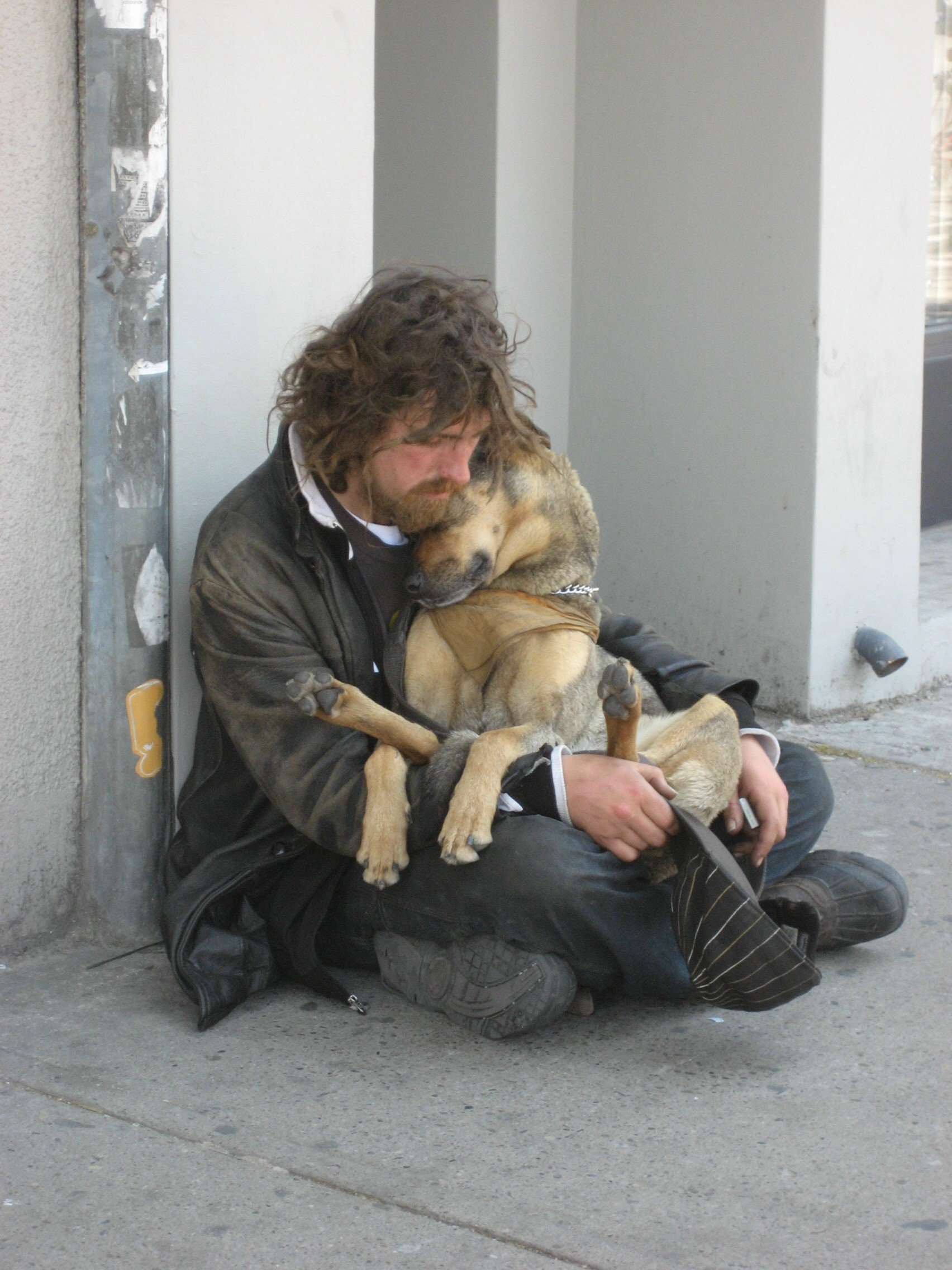
As I’ve been preparing resources on homelessness, my listening playlist has come to reflect my preoccupation with the idea of home. Whether by my own design or the random wisdom of my music player, shuffling a new song to the top, it seems that the artists I’ve been listening to lately are just as preoccupied with ‘home.’
Even though
a band called Woodpigeon is sure that you can’t go home again, “no one wants you once you’ve gone,” Bon Jovi questions this conventional wisdom with “Who says you can’t go home?” Frank Sinatra, among countless others, promises that indeed he will “be home for Christmas,” even if it’s only in his dreams. Jon Foreman, lead singer of Switchfoot, is also “headed home”, but he’s not sure if “home is a place you can still get to by train.” John Mayer is on a train too, but seems to be headed in the other direction when he begs “stop this train, I want to get off and go home again.” Michael Bublé is “too far from where you are” to get there by train, he’ll have to fly to “be home tonight.”
Along with Gordon Lightfoot who thinks “it’s so nice to talk about the hometown a million miles away” many write songs of longing for particular places that feel like home: James Taylor is missing Carolina. Billy Joel has got New York on his mind. British jazz singer Jamie Cullum is romanticizing his London town. And Lynrd Skynrd sure has sweet things to say about Alabama.
A band called Keane laments that “an empty house is not a home.” The Barenaked Ladies recall all the moments “when I knew I was home.” Chantel Kreviazuk thinks that falling in love “feels like home to me.” The Beatles seem to be always drawn back home down the “long and winding road that leads to your door.” And depending upon who is singing it, (I prefer Eva Cassidy) ‘Somewhere Over the Rainbow’ sure seems like a pleading prayer to be one day at home.
This month, the Ethics Centre invites you to consider homelessness, both in the conventional sense: men, women, teenagers and children who are inadequately housed because of their socio-economic circumstances, but also in a broader, more spiritual sense: the rootlessness, isolation and loneliness that pervades our post-modern culture. It seems to us that in some way everyone is longing to be at home. Searching the Bible through the lens afforded by the reality of homelessness, we find the story of God as Homemaker, who once created a home for us to live in, was deeply grieved to evict sinful humanity from the Garden, but desires that the church to be homemakers with him, calling people home and helping everyone to sense they belong here.
This year, many did not spend Christmas at home because they lost their houses to the sub-prime mortgage scheme. Many are still waiting for their homes to be rebuilt after the devastating effects of hurricanes and floods in low-lying areas. Some may have houses, walls and rooms and furniture, but no love to fill it or make it a home. Many spent Christmas in shelters, hostels or in make-shift houses that have been clapped together with whatever is readily available. While these people may be classified as “homeless” it is possible that they will feel more at home than many who spent Christmas in clean and sturdy white-washed apartments that don’t bear the marks of any particular place or inhabitant.
Perhaps love is the solution to all these kinds of homelessness. And if so, shouldn’t the church, embodying the love of Jesus Christ, be working to put an end to it?
Click here for some worship aids on the topic of homelessness.